By MARTHA MENDOZA
AP National Writer
Japan’s Prime Minister Shinzo Abe plans a swing through Silicon Valley on Thursday, speaking with Stanford University experts about innovation, building relationships with tech firms and investors, and _ as head of one of the world’s leading car producing nations _ popping in on electric carmaker Tesla Motors.
“This Japanese administration has been focusing on changing its economy to a growth-based system built on innovation,” said Japanese economic researcher Takeo Hoshi, a senior fellow at Stanford University’s Freeman Spogli Institute for International Studies. “This is probably the best place in the world to look at that.”
Abe’s California schedule includes a round-table with business leaders at a resort on Sand Hill Road, a busy stretch of street known as the epicenter of tech venture capital companies that have launched Amazon, Facebook, Twitter and more. He will go to Stanford for a speech and meetings with Japanese foreign exchange students, followed by visits to social media giant Facebook, and the offices of Tesla Motors, whose electric cars are built in a nearby plant first opened by General Motors more than 50 years ago.
Abe is one of a series of foreign officials to visit the Silicon Valley in recent years, including French President Francois Hollande, along with top leaders from Ireland, Israel, Malaysia, Netherlands, New Zealand, Haiti, Russia and Turkey.
“We’ve had a parade of ministers and secretaries lately, and they’re all wanting to associate themselves with the dynamism that is in evidence here,” said Russell Hancock, president of Joint Venture Silicon Valley, an organization focused on the local economy and quality of life.
The 1,854-square-mile (4,800-sq. kilometer)region, including San Francisco and its peninsula stretching south to San Jose, is home to Google, Apple and other leading tech firms which help drive the U.S. economy. Today the economy is booming; last year the average annual earnings were $116,000, compared to $61,000 nationally. Venture capitalists invested $14.5 billion in businesses and 76,450 new jobs opened up.
“It’s exciting, and there’s buzz around it, and world leaders want to plug into it, simple as that,” said Hancock. “If he’s smart he’ll come here often.”
Later Thursday in San Francisco, Abe will meet with Gov. Jerry Brown, who will be invited to try a Japanese-made bullet train simulator the prime minister brought with him from Japan, said Takako Ito, a foreign ministry spokeswoman. Brown has pushed for a $68 billion rail project that would connect San Francisco to Los Angeles.
Earlier in the week Abe made the Washington D.C. rounds with a White House dinner and a Congressional address.
While on Capitol Hill on Wednesday, Abe declared “history is harsh” and offered condolences for Americans who died in World War II. He stopped short of offering an apology sought by U.S. lawmakers for Japanese conduct during the war, including sexual enslavement of tens of thousands of Asian women by Japan’s imperial army.
Congressman Mike Honda, a Japanese-American democrat representing the Silicon Valley, was among those pressing for a direct apology.
Abe’s “refusal to squarely face history is an insult to the spirit of the 200,000 girls and women from the Asia-Pacific who suffered during World War II,” said Honda on Wednesday.
Thursday evening Abe planned to meet researchers including Japanese Nobel-winning stem cell researcher Shinya Yamanaka at the University of California, San Francisco-affiliated Gladstone Institute.

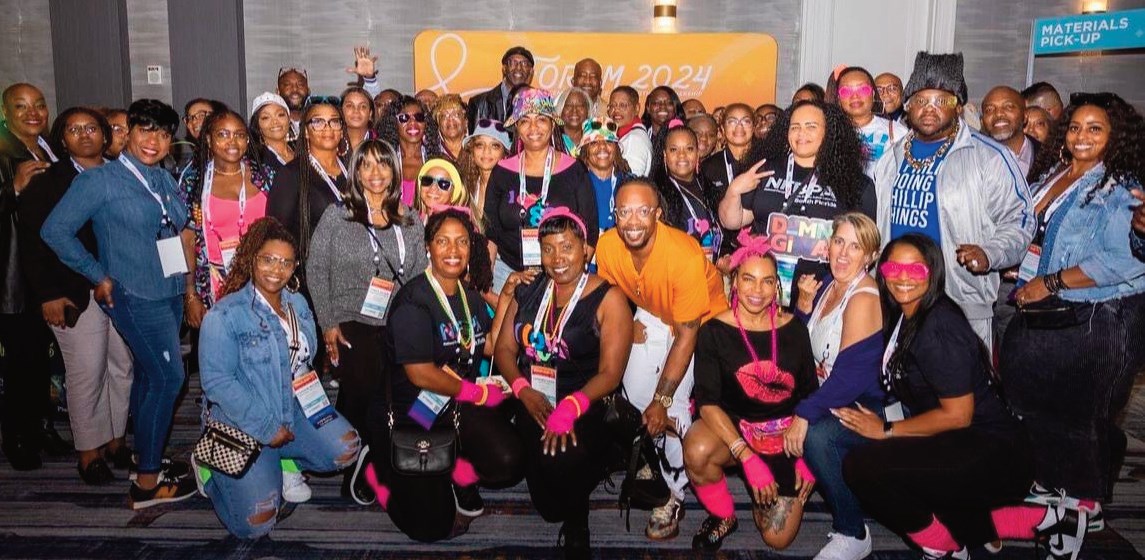
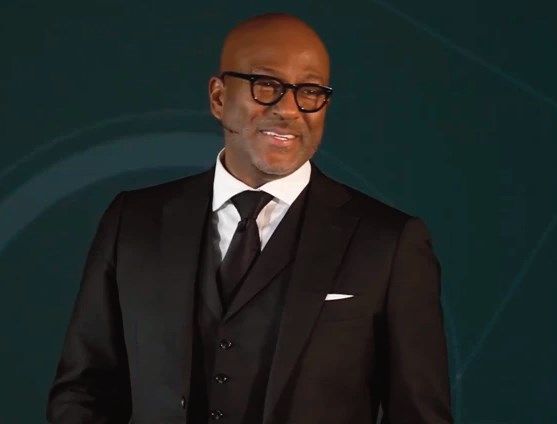
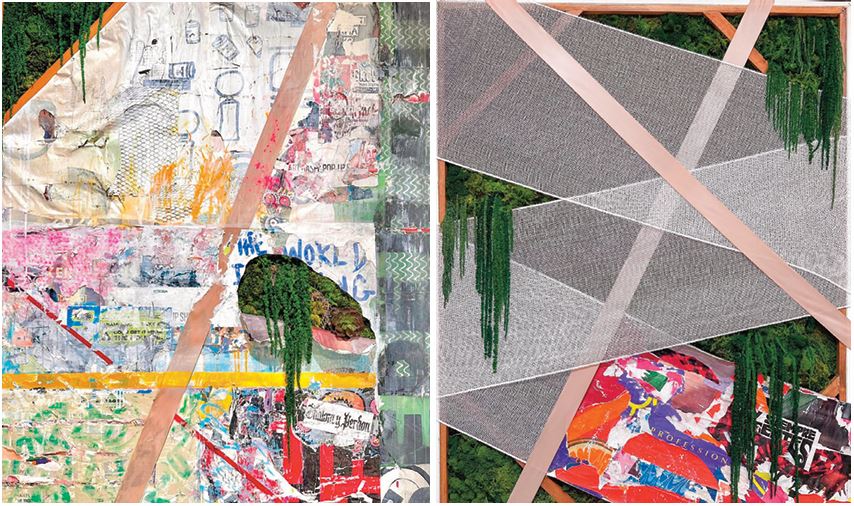



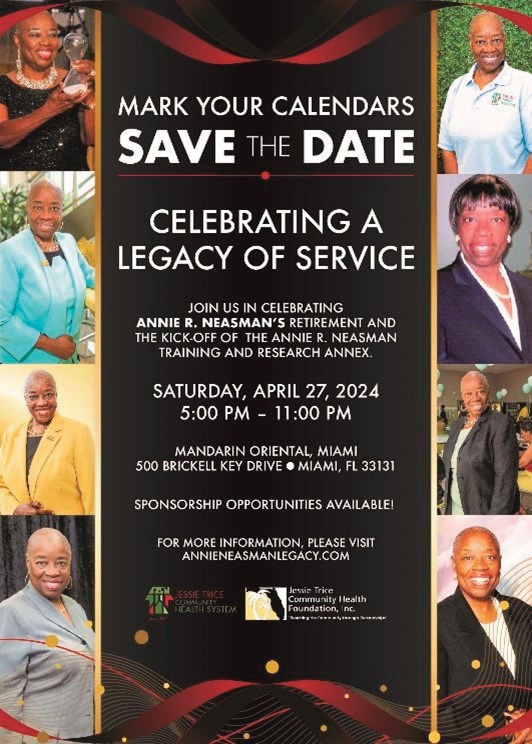
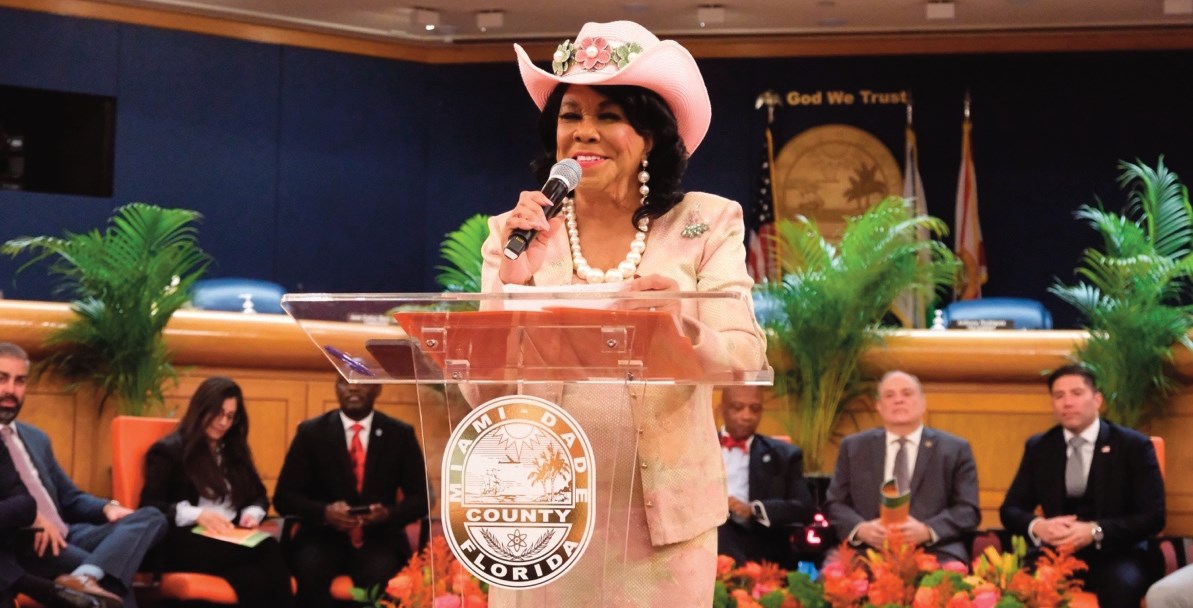
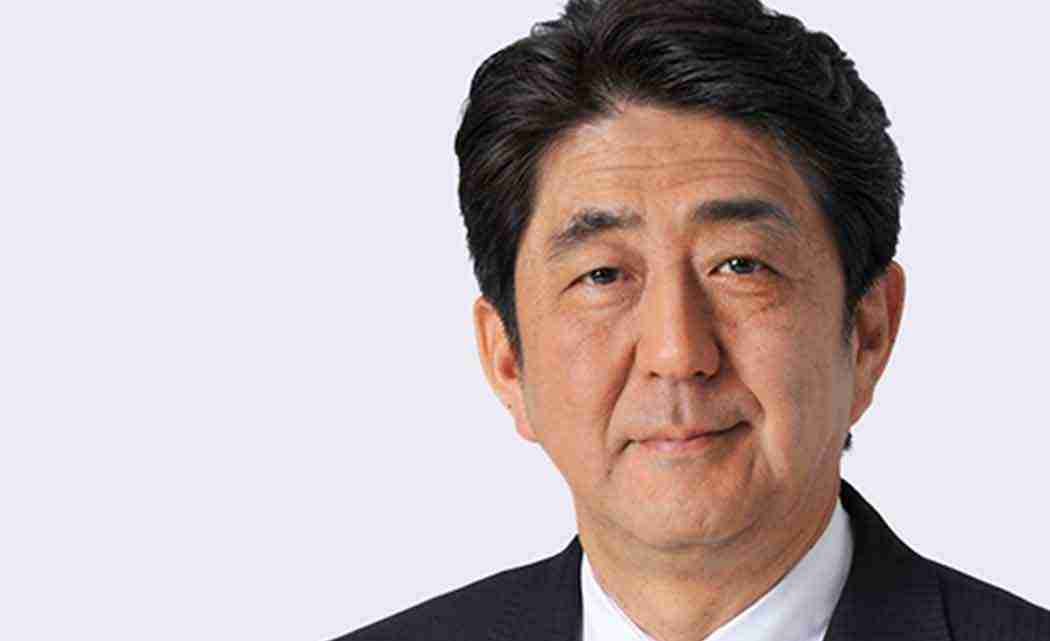
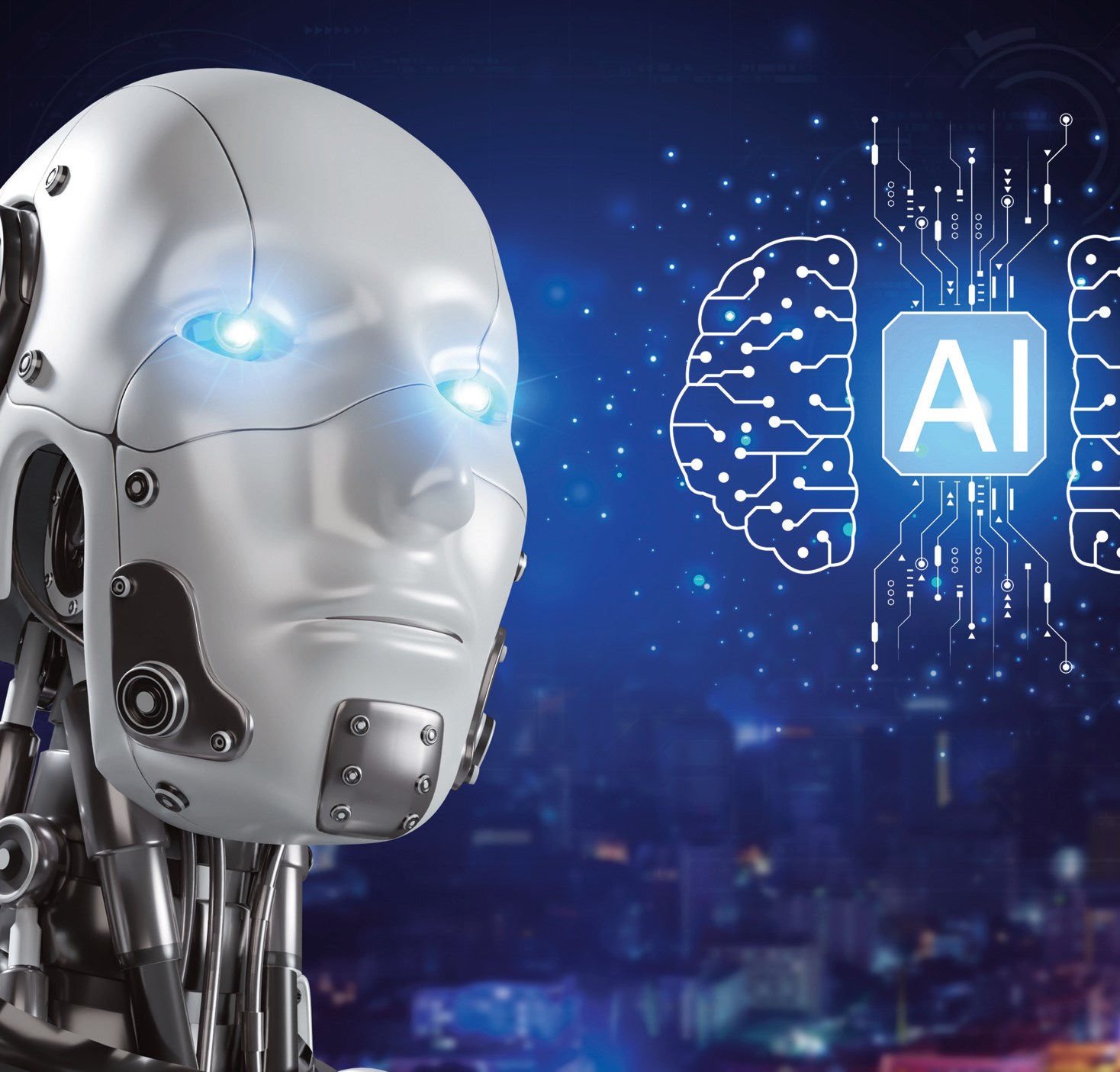

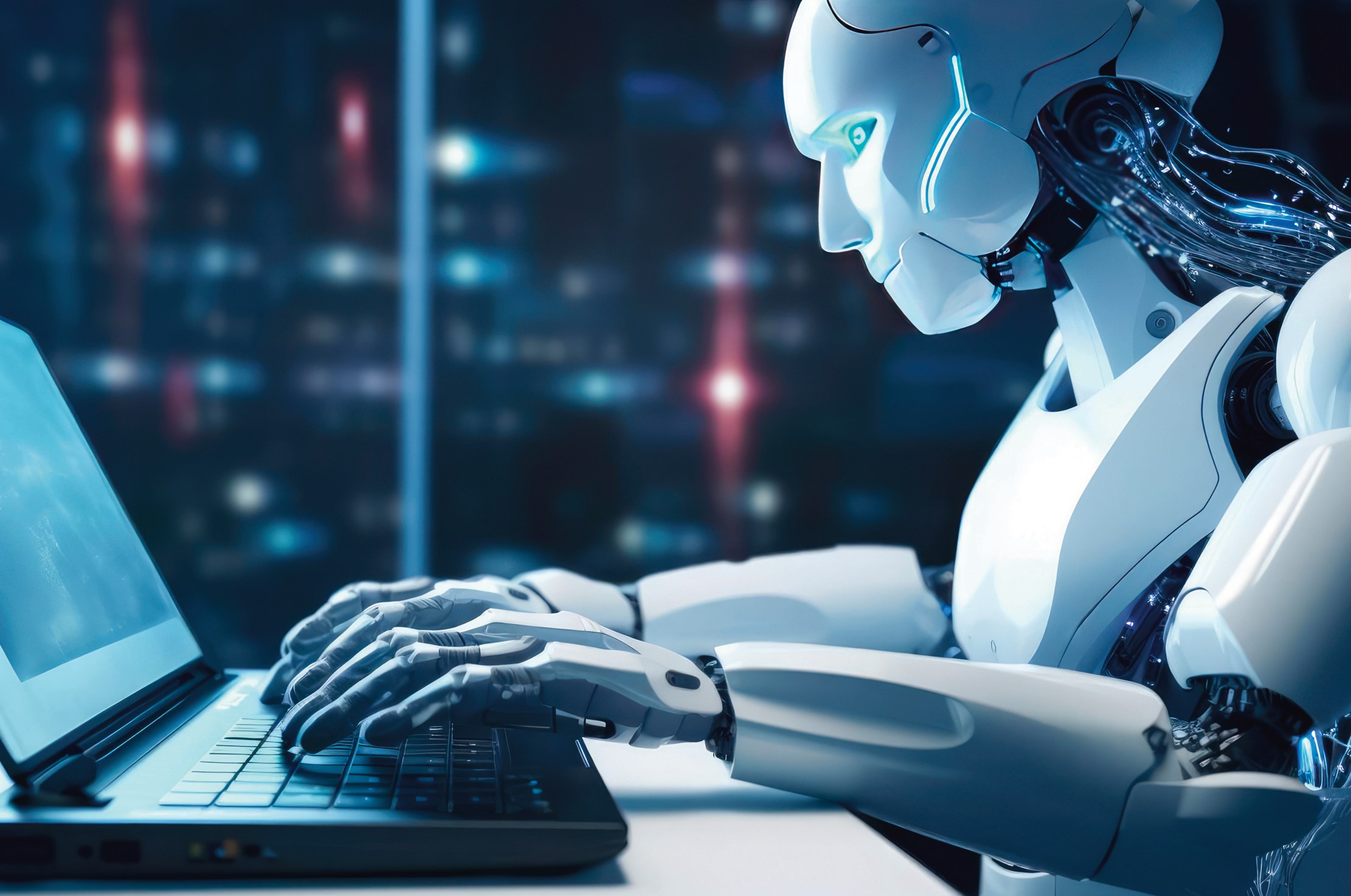
No Comment